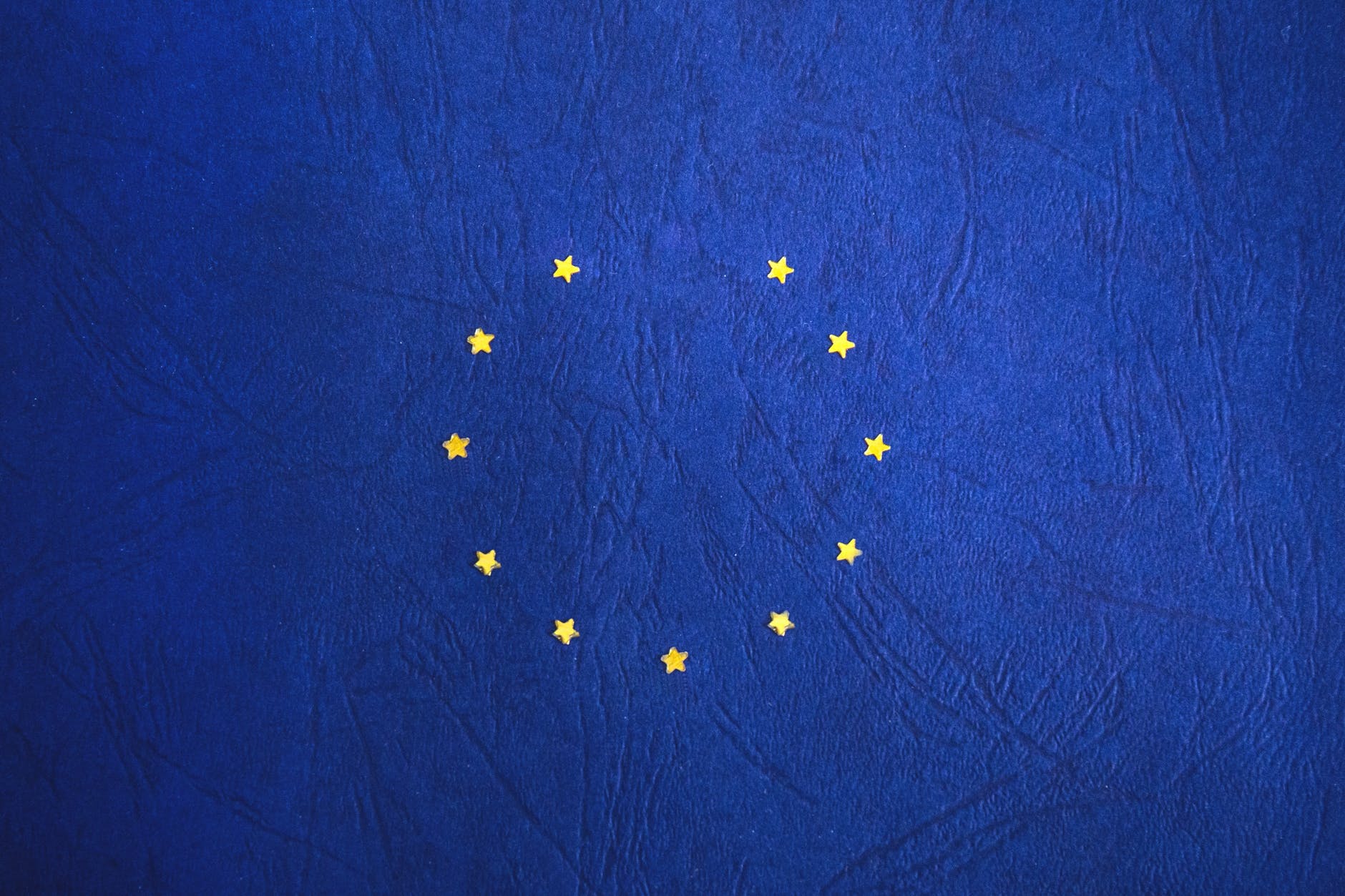
By Professor John Bryson
Department of Strategy and International Business, University of Birmingham
There was a time when every second of our media-filled day was saturated with the word Brexit. Brexit dominated everything. Now, we are in the post-Brexit or Covid-19 era. There are many lessons that come from this new era as they relate to the on-going discussions between the UK and the EU.
Perhaps the first lesson, is one regarding the state of the EU. Thus, the EU was slow to respond in a co-ordinated manner to address the impacts of Covid-19 on member states. Too little was done, and it was always rather too late. Compare the speed and scale of response to that provided by the UK. Covid-19 highlights that the EU is still a collection of individual states. During times of crisis European solidarity is rapidly supplanted by national self-interest.
The second lesson is that the EU thinks that size matters. Thus, on 24 April, Michael Barnier, the EU’s chief negotiator, is reported as stating that the “UK negotiating team keeps repeating that they are negotiating as “sovereign equals”, but the “reality” was that an agreement was being sought between a massive bloc and a smaller nation”. There are two issues here. The first is that the EU itself is not a sovereign state, but a supranational system. The member states are sovereign states. Second, the EU is representing the collective interests of the sovereign states that are its members. Thus, the European Commission (EC) is operating as an intermediary in the trade negotiations. In these terms, there is no equality between the UK and the EU negotiating teams – one can make decisions reflecting the interests of a single sovereign nation and the other is operating as an intermediary. Barnier cannot decide but can only recommend.
There is another issue that is perhaps more serious. The EU has a reputation for being a bad neighbour and of placing neighbours in disadvantageous positions. This reputation is reflected in Barnier’s belief that size matters. To Barnier, all sovereign nations are equal, but some are more equal than others.
Political narratives shape outcomes. They are designed for a purpose. Thus, on 24 April Michel Barnier accused Britain of stalling negotiations. Stalling can be defined as the UK not agreeing to the EU’s demands or objectives. Trade negotiations involve two equal partners, and both have to compromise. The danger is that the EU considers that its size provides it with an advantage believing that it does not have to negotiate or compromise, but only demand.
The narrative being constructed and projected by the EC is one in which the UK is responsible for any lack of progress in the trade negotiations. Thus, Phil Hogan, the European Union Trade Commissioner, proclaimed on 7 May that there is no real sign that Britain is approaching trade talks with the EU with a plan to succeed. One could switch this statement around by noting that there is no real sign that the EC wants the talks with the UK to succeed.
The message coming from the EC is one in which failure in the negotiations is expected – it is predicted. Part of this prediction, by the EC, is that the UK will blame any post-Brexit economic impacts on Covid-19. Again, we need to switch the narrative around in that part of the prediction is that the EC will blame the UK and wrapped up within this blame will be the politicisation of Covid-19. The narrative has been set. All this suggests that the EU thinks that size matters and that the UK should compromise first.
The views and opinions expressed in this article are those of the author and do not necessarily reflect the official policy or position of the University of Birmingham

It is interesting that Professor Bryson’s blogpost closely mirrors the British government’s official position.
First, the irony of his statement regarding the speed and the scale of the UK’s response would not have escaped many. Indeed the EU’s response to the COVID-19 crisis was not coordinated at first, but all the member states of the Union, without exception, from Lisbon to Riga, have responded to this crisis far better than the UK, death and economic numbers speaking for themselves. Moreover, the rationale for a response at the EU level in terms of public health was weak as the different countries of the EU were impacted with different intensities and at different times.
Second the feigned naivety in the presentation of the EU’s stance sounds like a spin operation on the behalf of the person(s) in charge in Downing Street. Of course, British government officials were expecting a hard stance from the EU. They have for 40 years helped shape the negotiations skills of the EU, and they know that the EU will prefer to wait rather than to sign an agreement seen as not favourable (the best example is the Transatlantic partnership and yes the main bait when it comes to trade negotiations has been, is and will remain the size of the market you hope to access). Of course, they have factored in that the EU currently sees any “special treatment” given to the UK as an existential threat internally and a danger for the credibility of its position in future negotiations with other partners.
In today’s state of play, the UK government cannot accept something less than the appearance of a resounding win, the EU cannot accept the slightest appearance of defeat; economic rationality has taken the backseat and it might be for a while.